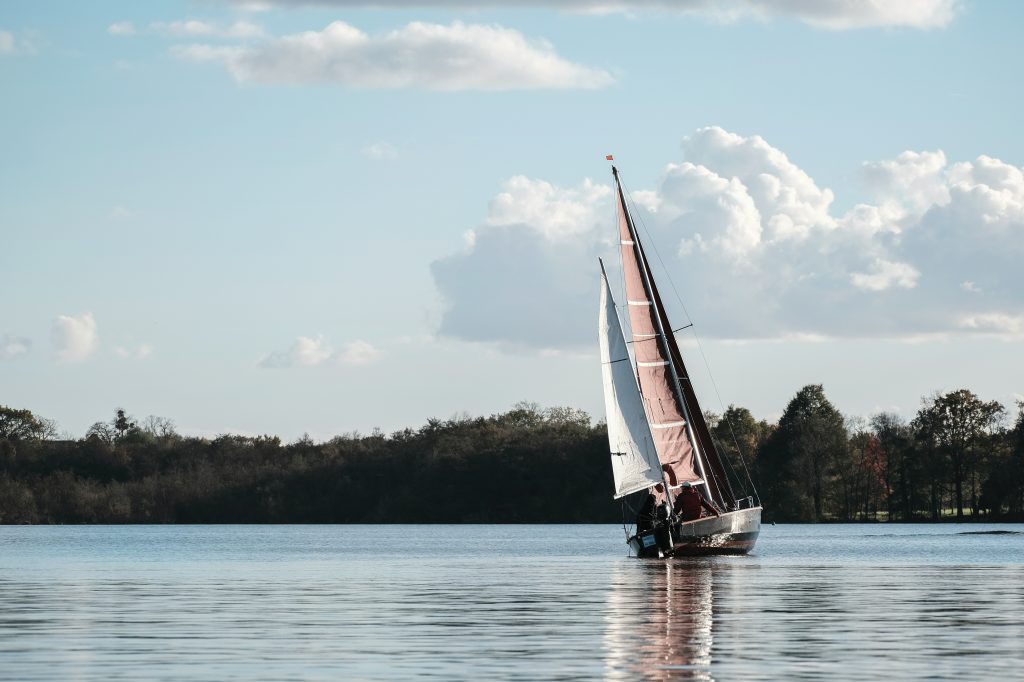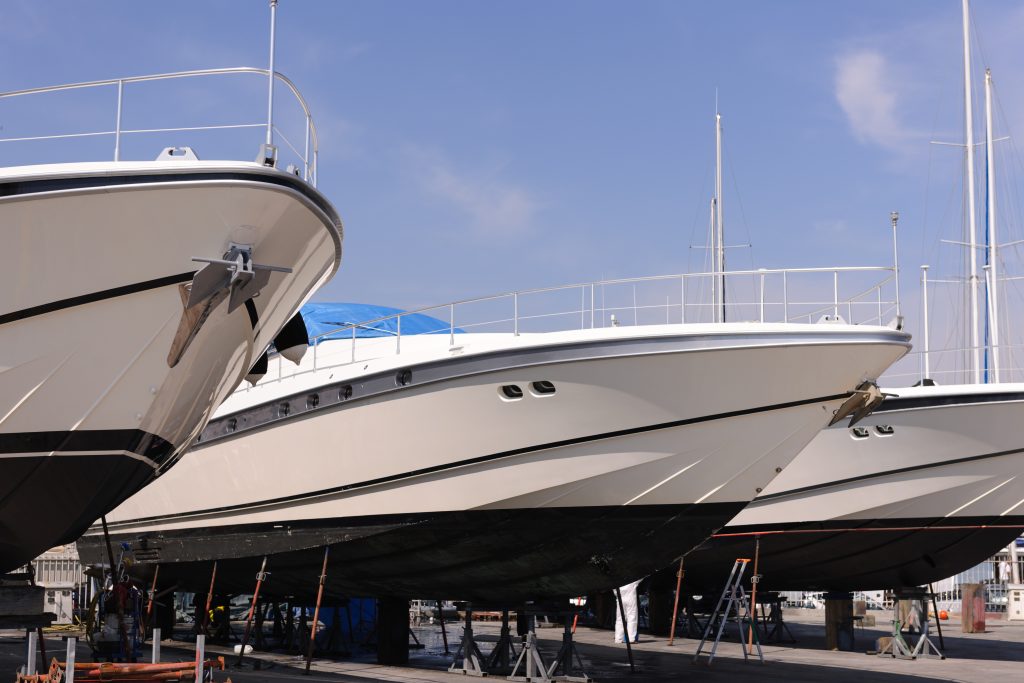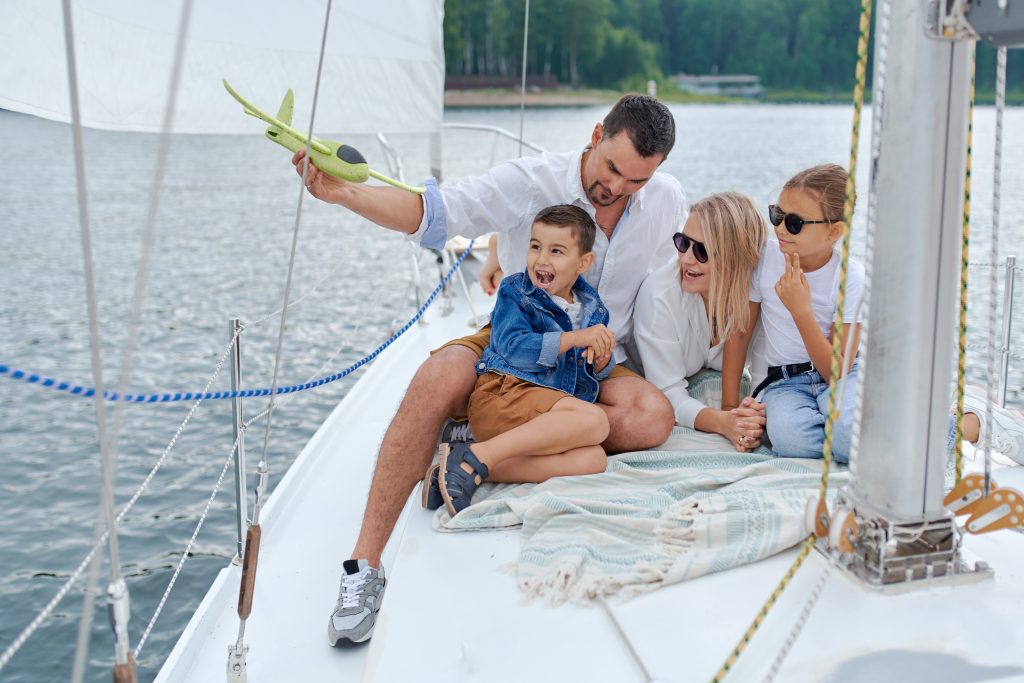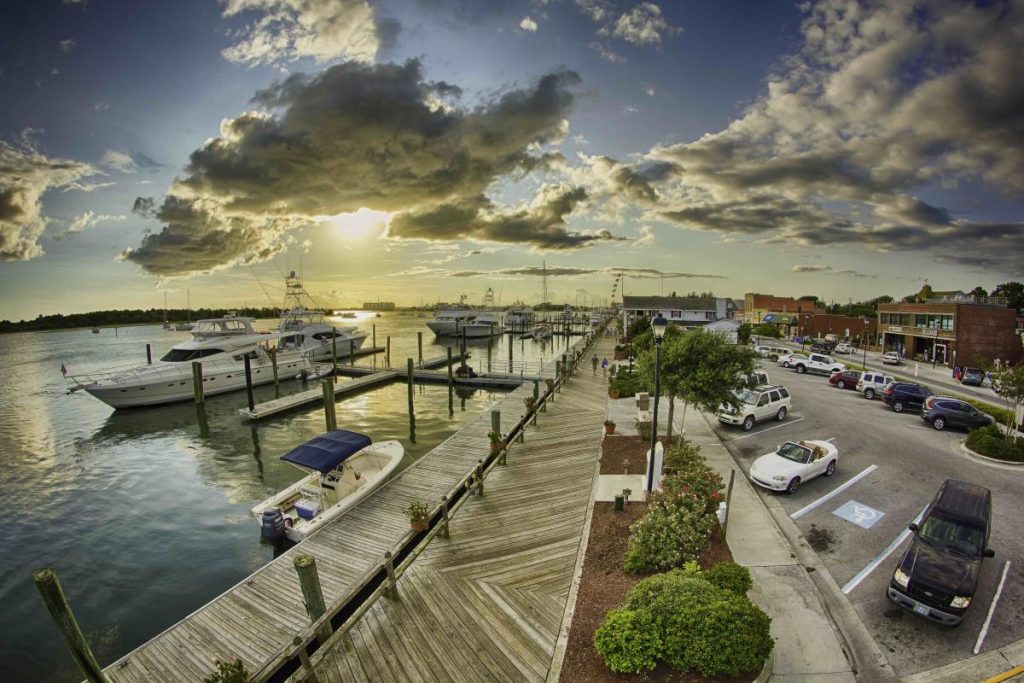How Do You Avoid Overloading Your Vessel?

Imagine This: You’re ready for a day of adventure—everyone’s excited, the coolers are packed, and your vessel is gleaming in the sun. But when you load that final bag, your boat seems lower in the water than usual. What’s the harm? Actually, quite a lot. Overloading your vessel is one of the most common—yet preventable—mistakes made by boaters of all experience levels.
If you’ve ever wondered how to avoid overloading your boat—and why it matters—it’s a question worth answering. Understanding the risks and best practices keeps your passengers safe, preserves your investment, and ensures smooth sailing every time you head out.
What Does It Mean to Overload Your Vessel?
Overloading happens when the combined weight of passengers, gear, and supplies on your boat exceeds the vessel’s maximum capacity. Every boat is built to carry a safe amount of weight—that includes people, equipment, fuel, and any extras you bring along.
- Why is this so important? On the water, exceeding weight limits can tip the balance in the worst way. Stability, buoyancy, and maneuverability are all at risk. For land vehicles, overpacking can mean sluggish performance or excess wear and tear; for boats, the stakes are much higher—capsizing, sinking, or severe mechanical failure.
Key signs your boat might be overloaded:
- The waterline is noticeably higher up the hull than usual.
- The boat feels unstable or rocks even on calm water.
- Steering or handling suddenly seems tougher.
Why Is Vessel Overloading Dangerous?
Overloading your vessel doesn’t just impact how your boat handles; it poses real danger:
- Capsizing Risk: Too much weight above the waterline can make the vessel top-heavy, raising the likelihood of rolling or flipping, even in mild conditions.
- Hull and Engine Damage: Overloaded boats force the hull and engine to work harder than they’re made to, risking costly repairs.
- Reduced Performance: Sluggish acceleration, increased stopping distance, and trouble turning—these are clear red flags.
- Legal Consequences: Exceeding posted capacity can result in fines or even invalidate your boat insurance policy.
Remember: Safety first means knowing your vessel’s limits before you even cast off.

How to Find Your Boat’s Maximum Capacity
Not sure what your boat is built to carry? Every certified vessel should have a capacity plate—typically posted by the helm or in a clearly visible location. This plate tells you:
- Maximum number of passengers
- Maximum total weight (including passengers, gear, and engine)
- Maximum recommended engine horsepower
If there’s no plate visible, consult your boat’s owner’s manual. Still not sure? You can often contact the manufacturer for help.
Tips to Stay Within Safe Boat Load Limits
Staying safe and keeping your boat well within legal and manufacturer weight limits is simple with a few precautions:
1. Make a Load List Before You Pack
List out essentials—passengers, safety gear, food, coolers, fishing equipment. Then, weigh or estimate the combined load. Don’t forget to count the weight of full fuel and water tanks!
2. Distribute Weight Evenly
Place heavy items close to the centerline and as low as possible in the hull to lower the boat’s center of gravity, which maximizes stability. Spread out gear and passengers so no area is overloaded.
3. Consider the Weather and Water Conditions
Wind, waves, and current all make overloading riskier. For rougher weather, play it conservative: carry fewer passengers and less gear than your max.
4. Recheck Your Load During Long Outings
If you pick up extra items, new passengers, or waste along the way, do a quick assessment to ensure you’re still inside your limit.
5. Inspect Your Vessel Regularly
A well-maintained boat handles weight more safely. Check for any wear, hull fatigue, or leaking compartments.

Common Overloading Scenarios
Let’s look at a few examples that highlight how easily overloading can sneak up on even careful boaters:
- Family Day on the Water: You bring extra friends, lots of food, plus oversized water toys. The boat sits lower than usual, and handling feels sluggish.
-
- What to do? Prioritize essentials. If necessary, leave the heavy extras behind or shuttle guests in smaller groups.
-
- Fishing Expedition: Gear and coolers pile up, especially for an overnight trip. The combined weight plus a near-full gasoline tank add up fast.
-
- Solution: Weigh large items in advance, spread gear across multiple trips, or downsize to lighter alternatives.
-
Each situation requires proactive planning and honesty about your boat’s safe capacity.
How Can Boat Insurance Help if Overloading Causes Damage?
No matter how careful you are, the unexpected can happen—a sudden storm, mechanical failure, or miscalculation can lead to accidents. That’s where the right boat insurance policy is invaluable.
- Physical Damage Coverage: Covers repairs to the hull and engine, or even a total loss, if overloading contributes to an accident (note: some policies may exclude coverage for reckless or intentional overloading).
- Liability Coverage: If an overloaded vessel causes injury or property damage, your boat policy can protect you against potentially significant claims.
- Custom Policies: Discuss with a specialist at Sound Choice Insurance to make sure your policy is tailored for your boat’s size, type of use, and common risks.
Important: Always review your policy details and clarify if accidental overload scenarios are covered or excluded!
Beyond Overloading: General Safety Tips
- Routine Maintenance: Inspect tires, brakes, and trailer hitches before every outing—just like you would for your car!
- Detailed Pre-Departure Checklist: Always include safety equipment—PFDs, fire extinguishers—and double-check everyone is briefed on emergency procedures.
- Secure All Cargo: Loose gear can shift unexpectedly, impacting stability.
Learn more summer boating safety tips at NAIC’s Consumer Insight.

Your Local Experts for Boating Safety and Insurance
Navigating the ins and outs of boating safety and insurance shouldn’t be stressful. At Sound Choice Insurance, we’re committed to helping North Carolina boaters make informed decisions—both on and off the water.
Whether you need guidance understanding your boat’s capacity, seeking the right coverage for your needs, or want a complete review of your current policies, we’re here for you. As an independent agency, we work with top insurance providers so you get options—not just one quote.
Ready for a safer, smarter, and more enjoyable season on the water?
- Contact Sound Choice Insurance today for a personalized boat insurance review and quote!
- Get Your Free Insurance Quote!
Let’s make your next boating adventure your best—and safest—yet!
